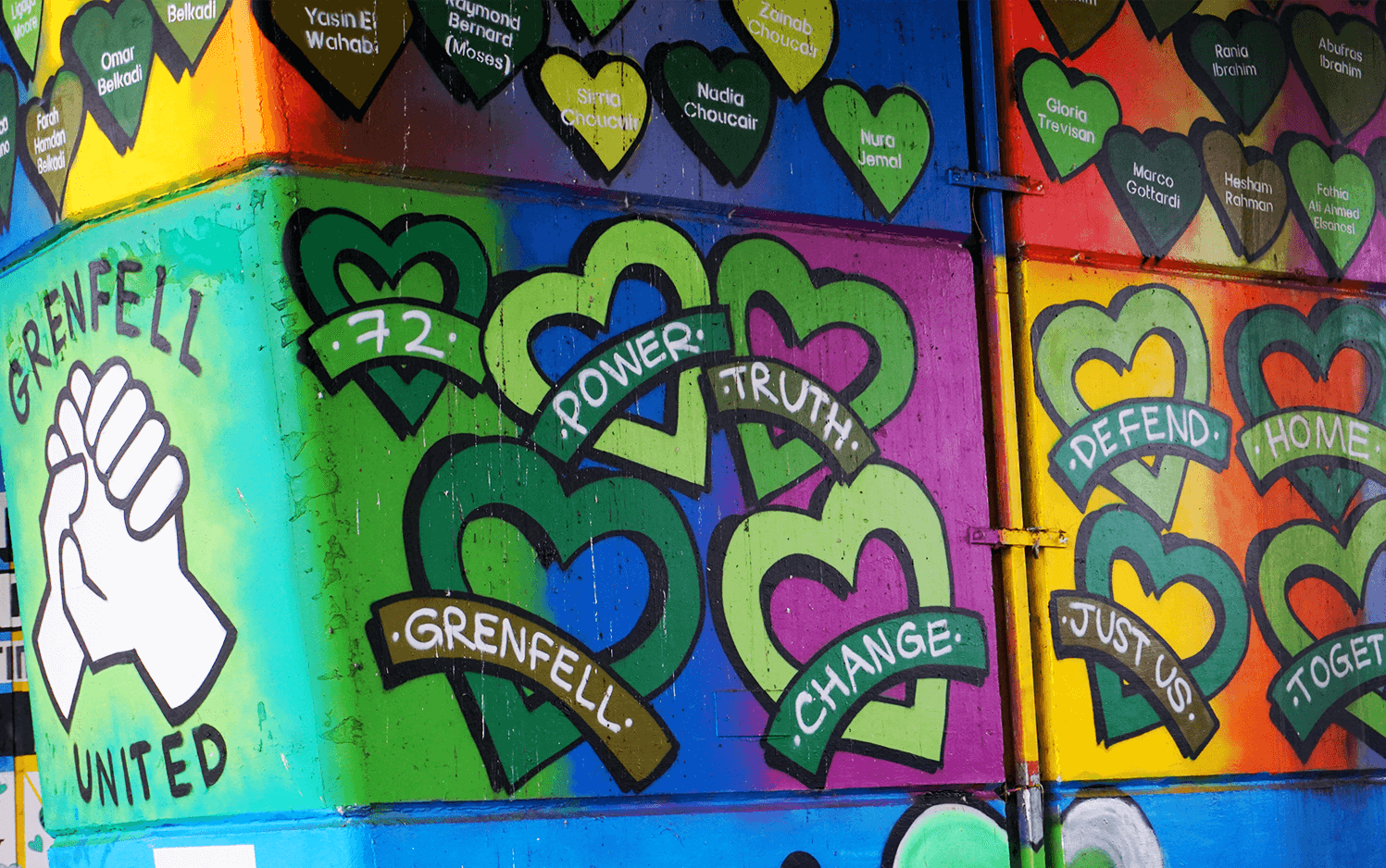Publish date: 5 September 2022
Suicide is preventable but every year, we lose an estimated 703,000 people to suicide worldwide. Half of these occur in people under the age of 50, and the global rate is over twice as high among men than women.
We need to do more to raise awareness, and we all have a part to play. By raising awareness, reducing the stigma and encouraging action we can help to reduce the instances of suicide around the world.
This year’s theme, which will be the theme until 2023, is ‘Creating Hope Through Action’.
Helpful training
We recommend this 30 minute Suicide Awareness Training from Zero Suicide Alliance. There are also other modules in the three-step training to help us better understand what signs to look out for and how to approach someone who is struggling with isolation or suicidal thoughts.
STEP 1: 10-minute Step up Social Isolation Training
Brief introduction to what social isolation is, how it affects our mental health and how to help someone affected by it
STEP 2: 10-minute Gateway Training
A brief but vital introduction to suicide awareness. How to approach and help someone considering taking their own life.
STEP 3: 30-minute Suicide Awareness Training
In depth training to equip you with skills and confidence to support someone who is considering suicide. Also addresses stigma and encouraging conversation about suicide.
Other useful materials here.
Upcoming events
North West London Suicide Prevention Programme is hosting two events on exploring bereavement after suicide.
- Online: Bereavement after Suicide Tickets, Fri 9 Sep 2022 at 11:00 | Eventbrite
- In-person: Bereavement after Suicide Tickets, Fri 9 Sep 2022 at 11:00 | Eventbrite
Useful tips on reaching out to someone in your community including what signs to look out for and common worries people may have about supporting someone.
Helpful numbers
- Samaritans. To talk about anything that is upsetting you, you can contact Samaritans 24 hours a day, 365 days a year. You can call 116 123 (free from any phone), email jo@samaritans.org or visit some branches in person. You can also call the Samaritans Welsh Language Line on 0808 164 0123 (7pm–11pm every day).
- SANEline. If you're experiencing a mental health problem or supporting someone else, you can call SANEline on 0300 304 7000 (4.30pm–10.30pm every day).
- Campaign Against Living Miserably (CALM). You can call the CALM on 0800 58 58 58 (5pm–midnight every day) if oyou are struggling and need to talk. Or if you prefer not to speak on the phone, you could try the CALM webchat service.
- The Mix. If you're under 25, you can call The Mix on 0808 808 4994 (Sunday-Friday 2pm–11pm), request support by email using this form on The Mix website or use their crisis text messenger service.
- Papyrus HOPELINEUK. If you're under 35 and struggling with suicidal feelings, or concerned about a young person who might be struggling, you can call Papyrus HOPELINEUK on 0800 068 4141 (weekdays 10am-10pm, weekends 2pm-10pm and bank holidays 2pm–10pm), email pat@papyrus-uk.org or text 07786 209 697.
- Nightline. If you're a student, you can look on the Nightline website to see if your university or college offers a night-time listening service. Nightline phone operators are all students too.
- Switchboard. If you identify as gay, lesbian, bisexual or transgender, you can call Switchboard on 0300 330 0630 (10am–10pm every day), email chris@switchboard.lgbt or use their webchat service. Phone operators all identify as LGBT+.
- C.A.L.L. If you live in Wales, you can call the Community Advice and Listening Line (C.A.L.L.) on 0800 132 737 (open 24/7) or you can text 'help' followed by a question to 81066.
- Helplines Partnership. For more options, visit the Helplines Partnership website for a directory of UK helplines. Mind's Infoline can also help you find services that can support you. If you're outside the UK, the Befrienders Worldwide website has a tool to search by country for emotional support helplines around the world.
If your life is at risk right now
If you feel like you might attempt suicide, or may have seriously harmed yourself, you need urgent medical help. Please:
- call 999 for an ambulance
- go straight to A&E, if you can
- or call your local crisis team, if you have their number.
If you can't do this by yourself, ask someone to help you.
